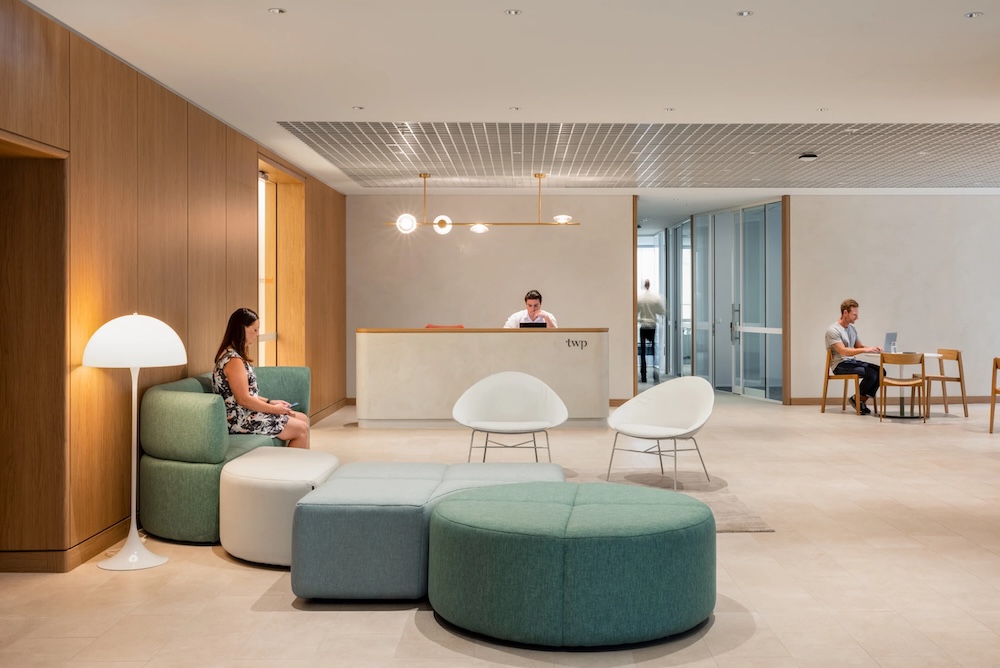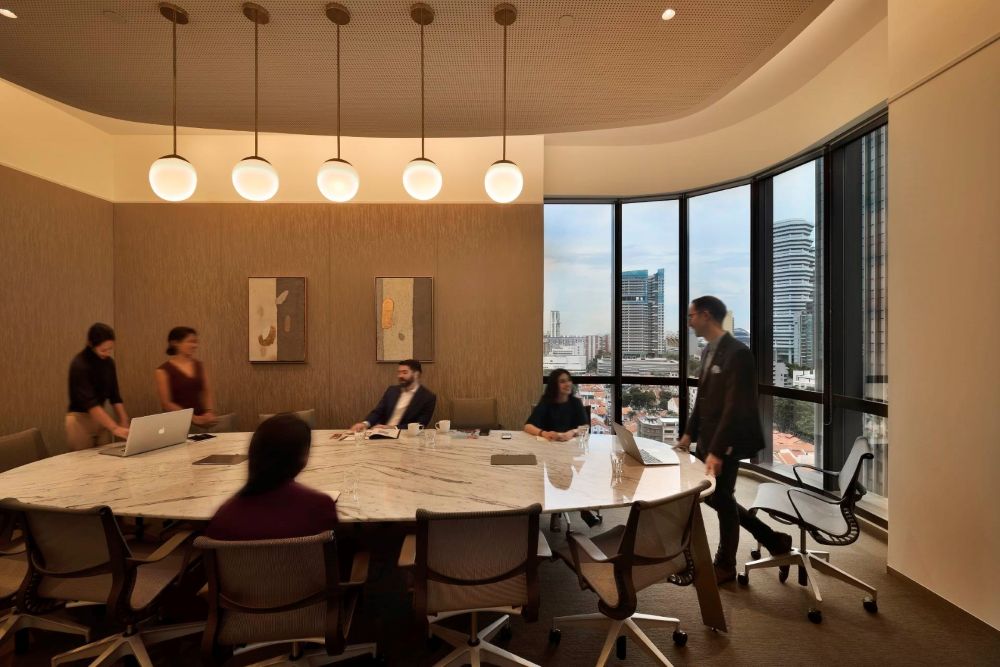Right, so the word's come down the grapevine: your company's expanding down under, and you've been tapped to head to Australia as part of the operation. Exciting stuff, eh? But maybe you're also scratching your head a bit, wondering what this whole employee relocation lark actually entails. What about your taxes? What can you expect when you land?
Don't you worry your little Vegemite – this guide is here to shine a light on the ins and outs of relocating for work, specifically focusing on your big move to the land of sunshine and surf.
What Does Employee Relocation Mean for Me?
In simple terms, employee relocation means your company is moving you to a new work location that requires you to move your home as well. It's more than just a change of desk; it's a geographical move that will see you setting up a new life in Australia.
This kind of move usually falls into a few different categories, depending on how long you'll be there and the nature of the job:
- Permanent Relocation: This is a long-term move to Australia, with the expectation that it will become your new primary place of work and residence. Your company will provide more comprehensive support to help establish a new life, often including assistance finding housing and schools.
- Temporary Relocation: You'll be heading to Australia for a set period, perhaps for a specific project or to cover a role for a while, with the understanding that you'll eventually return home.
- Commuter Relocation: Less common for international moves, this typically refers to situations where an employee is moved to a work location necessitating a significant regular commute. Your company might offer assistance with travel expenses or temporary accommodation during the work week to ease this burden.
- International Relocation: This is the big one – moving you from your current country to Australia to live and work. Significant support from companies is typical for international relocations to ensure a smoother transition for the employee and their family. Assistance often includes visa applications and cultural training.
For you, this employee relocation to Australia represents a significant step in your career. It's a chance to broaden your professional experience, immerse yourself in a new culture, and potentially take on new challenges and responsibilities within your company's Australian operations.
What Is Required to Relocate to Australia for Work?
Relocating to Australia as an employee for work will necessitate securing a relevant work visa, and several options are available. The main challenge lies in determining the specific visa subclass that aligns with your circumstances.
Picking a relevant work visa essentially boils down to addressing two key questions: what will be the duration of your stay in Australia? and what industry will you be working within? Australia’s Department of Home Affairs offers a helpful three-step questionnaire on their website to assist in narrowing down your visa options as much as possible.
For instance, if your work centres around business or investment activities, you could potentially opt for these visas:
- Subclass 188 Business Innovation and Investment Visa
- Subclass 893 State or Territory Sponsored Investor
- Subclass 891 Investor Visa
Eligibility Requirements for Employee Relocation to Australia
The specific eligibility factors, required documents, and overall requirements for employees relocating to Australia can vary significantly depending on the particular work visa subclass you are applying for.
Generally, however, you can expect to need to provide the following documentation:
- Passport and Identification: Your passport must have sufficient validity for your intended stay.
- Visa Application Forms and Fees: Complete the relevant visa application forms accurately and pay the associated application fees.
- Proof of Education:
- Academic Transcripts: Provide certified copies of your academic transcripts, diplomas, and degrees
- English Proficiency: You'll likely need to undertake an English language test (e.g., IELTS, PTE Academic) and achieve a minimum required score in each component (reading, writing, speaking, listening). The required score varies depending on the visa subclass.
- Relevant Employment Information:
- Work Experience: Detailed evidence of your employment history, including employment contracts, payslips, and reference letters from previous employers
- Job Offer and Sponsorship: You'll need to provide details of the offer, including the position, salary, and employment contract. The employer may also need to meet certain sponsorship obligations.
- Health Assessment: You'll need to undergo a medical examination by a panel physician approved by the Australian government. Results will need to meet Australia's health standards.
- Character Assessment: You will need to provide police clearances from any country you have lived in for a significant period.
- Financial Records: Depending on the visa, you might need to demonstrate access to sufficient funds to support yourself and any accompanying family members upon arrival in Australia. Bank statements and other financial documentation may be required.
What Kind of Employee Relocation Benefits Should You Ask From Your Employer?
1. Travel Expenses
Moving your life across continents involves considerable travel costs for the employee, not just for yourself but potentially for your family and even pets. It's reasonable to discuss with your employer the extent to which they will cover these expenses as relocation benefits. This should ideally include the cost of airfares to Australia, as well as any necessary connecting flights.
Furthermore, clarify if they will cover the cost of transporting your personal belongings and household goods. Understanding the limits and processes for these reimbursements upfront will help the employee plan their finances and avoid unexpected out-of-pocket expenses associated with relocating.
2. Accommodation
Finding suitable accommodation in a new country, especially one as vast and varied as Australia, can be a daunting task for the employee undergoing relocation. Discuss with your employer what relocation benefits they will provide with housing. This could range from covering the cost of temporary accommodation upon your arrival (such as a hotel or serviced apartment) while you search for a more permanent home, to providing support in finding long-term rental properties or even assistance with purchasing property if your relocation is permanent.
3. Meal Allowance
In the initial period after relocating to Australia, you might not have immediate access to cooking facilities or be familiar with local grocery shopping. A meal allowance can help ease the financial burden of eating out during this settling-in phase, acting as one of the initial relocation benefits for the employee. Discuss with your employer if they offer a daily or weekly allowance to cover your meal costs for a certain period after your arrival.
It’s also worth asking if this allowance covers just yourself or accompanying family members as well, as part of the overall employee relocation benefits.
4. Paid Time Off Work (PTO)
The process of relocating internationally involves a significant amount of personal administration for the employee, from packing up your life in your current location to dealing with visa processes and settling into your new home in Australia. It's essential to discuss with your employer the possibility of receiving paid time off work to manage these tasks as part of your relocation benefits.
This could include time off before your departure to pack and handle necessary paperwork, as well as time off upon arrival in Australia to find accommodation, set up essential services, and generally acclimatise to your new surroundings.
Having dedicated PTO for these activities will significantly reduce the stress of juggling your professional responsibilities with the demands of an international move, representing a valuable employee relocation benefit.
Tips for Ensuring a Smooth Employee Relocation to Australia
Right, heading off to Australia for work is a cracker of an opportunity! To make sure your move goes off without a hitch, here are a few pointers tailored for your Aussie adventure:
- Sort Your Visa Early: Don't leave your visa application to the last minute. It can be a lengthy process, so get all your paperwork in order well in advance. Engage with your employer's immigration specialists if they have them.
- Find Accommodation: Start your accommodation search early, even if it's just for temporary digs initially. Australia has a competitive rental market in many cities. Online portals and local real estate agents will be your go-to.
- Sort Your Finances and Healthcare Early: Get the ball rolling on your finances by looking into the best ways to transfer money internationally and understanding how you'll be paid and taxed in Australia. Opening an Australian bank account soon after arrival is a good shout. At the same time, familiarise yourself with Australia's healthcare system, Medicare, and whether you’ll need private health insurance. Get any necessary vaccinations or medical checks sorted before you travel.
- Build Your Network: Once you arrive, make an effort to connect with colleagues and other expats. Joining social clubs or attending local events is a great way to build a support system.
- Embrace the Culture: Australia has a laid-back lifestyle. Be open to new experiences, try the local cuisine (get ready for a barbie!), and learn a bit of Aussie slang.
Settling into Your New Life Down Under

The Work Project
Relocating for work is a big step, but with careful planning and the right support, your move to Australia can be a fantastic experience, both professionally and personally. Embrace the adventure and all the opportunities that await you in the land of sunshine.
To help you settle into your new professional life in Australia while you prepare for your move, consider The Work Project. Explore our coworking space in Australia and discover hot desk rental options that can provide a flexible and professional base during this transitional period.






